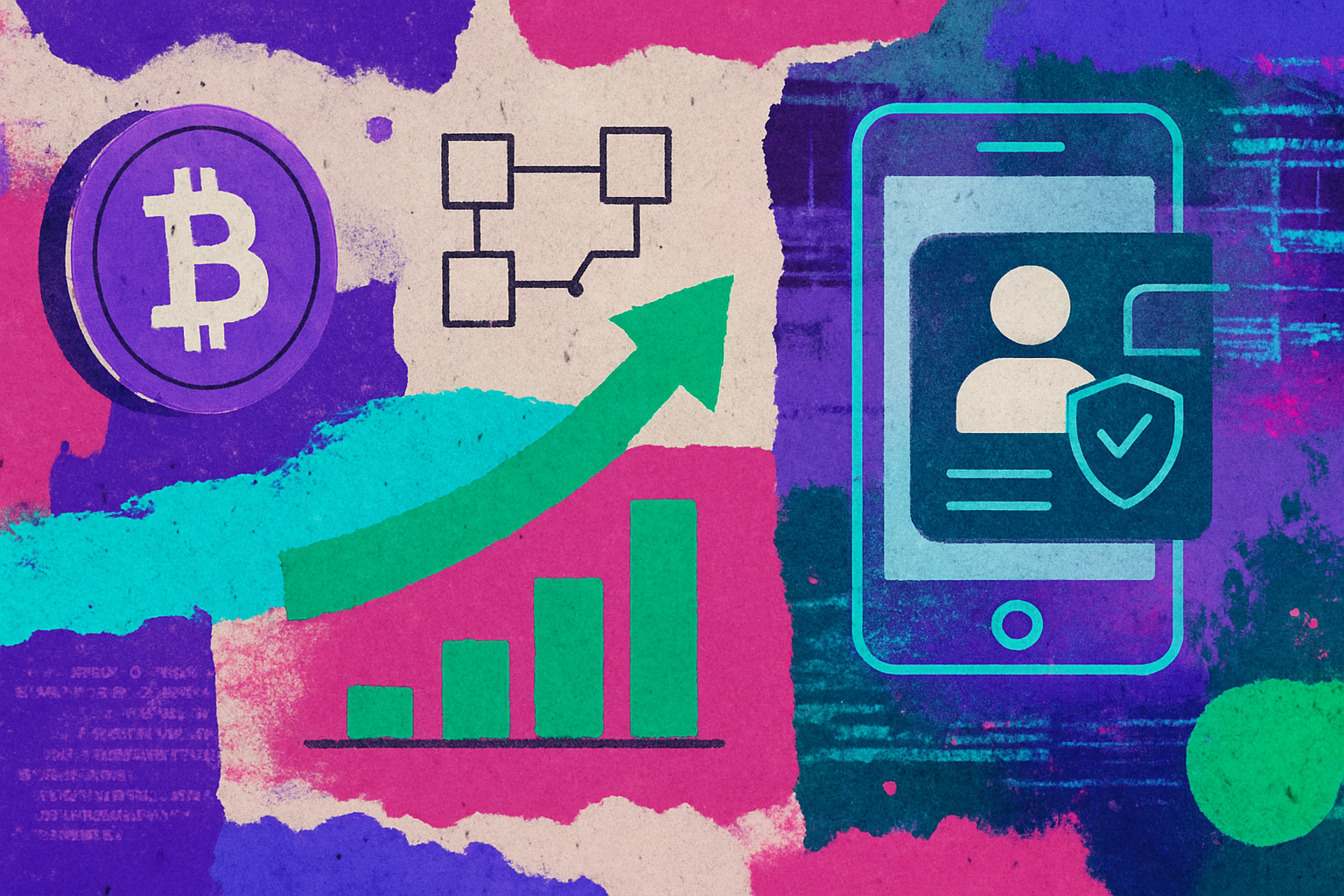
Imagine verifying your age, citizenship, or qualifications online without ever handing over your actual documents or sensitive personal data. This is no longer science fiction – it’s the reality made possible by zero-knowledge proofs (ZKPs) in decentralized identity wallets. As privacy concerns escalate and digital interactions multiply, ZKPs are rapidly emerging as the gold standard for privacy-preserving digital identity.
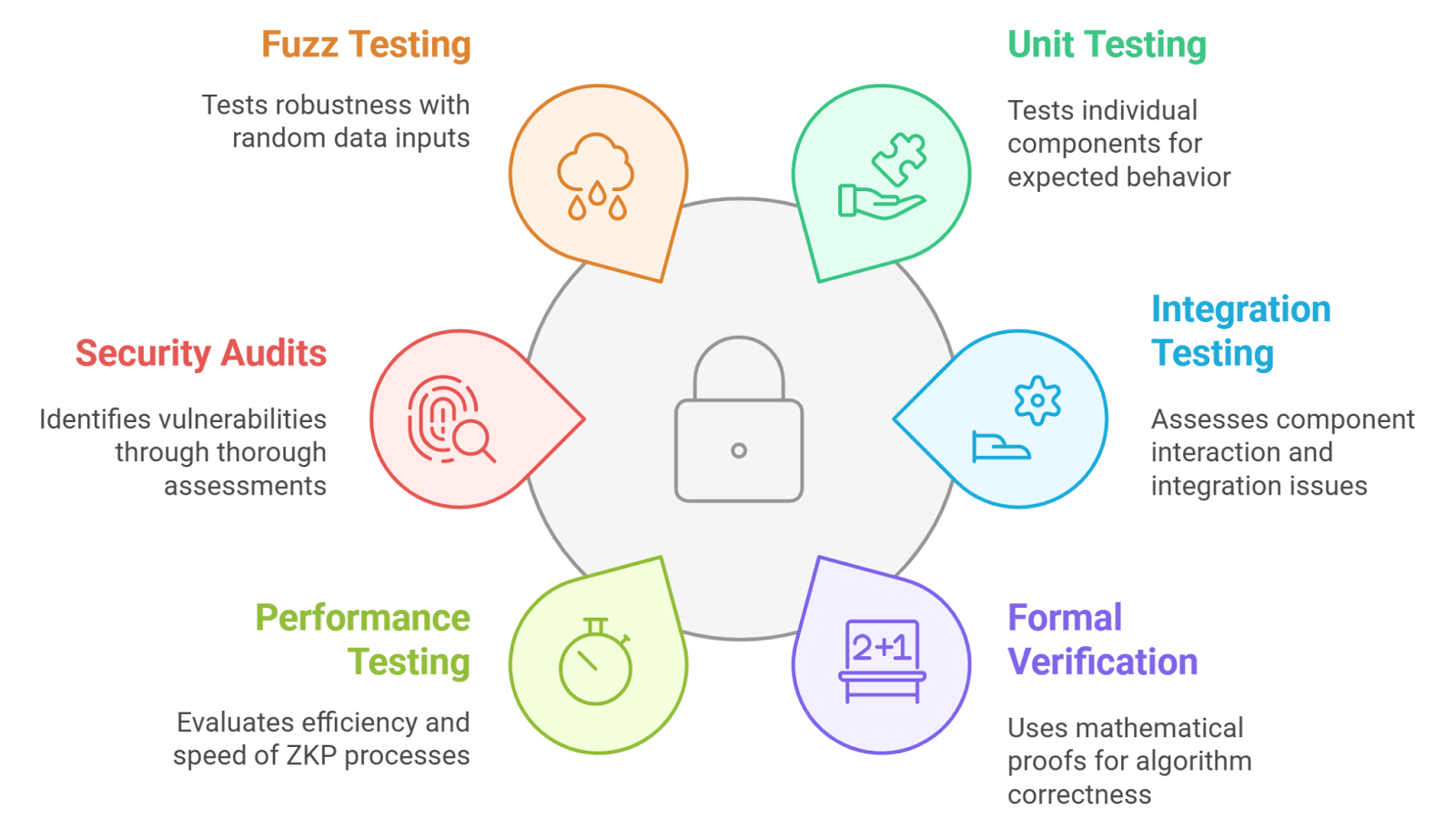
What Are Zero-Knowledge Proofs and Why Do They Matter?
Zero-knowledge proofs are cryptographic techniques that let you prove something is true without revealing any underlying details about it. In the context of decentralized identity wallets, this means you can demonstrate you’re over 18, a resident of a certain country, or hold a valid credential, without exposing your name, birthdate, or full identity.
This selective disclosure is at the heart of privacy-preserving digital identity. Instead of handing over everything to every service (as with traditional ID checks), ZKPs allow you to share only what’s strictly necessary. The result? Dramatically reduced data exposure and a lower risk of breaches or misuse.
How ZKPs Power Privacy in Decentralized Identity Wallets
Decentralized identity wallets, also known as DID wallets or zk identity wallets, put users in control of their own credentials. By integrating ZKPs, these wallets take privacy even further:
- Attribute Verification Without Disclosure: For example, Concordium’s ZKP-based solution enables age verification for regulated services without exposing your date of birth or full ID card.
- Minimized Data Footprint: With ZKPs, only the proof is shared, not the underlying data, helping organizations comply with strict regulations like GDPR’s data minimization principle.
- No Centralized Trust Required: Unlike big tech logins or legacy databases, decentralized identity plus ZKPs eliminates single points of failure and surveillance risks.
The impact is profound: users gain true self-sovereignty over their digital identities while service providers can confidently verify key attributes without accumulating sensitive personal records.
ZKPs in Action: Real-World Examples
The theory behind zero-knowledge proofs sounds impressive, but how do these benefits play out in actual products? Let’s look at two leading implementations:
- zkLogin System: This innovative approach lets users authenticate blockchain transactions using existing OpenID credentials (think Google or Apple login), but with a twist: thanks to ZKPs, users can sign transactions on-chain without exposing their real-world identities. The link between off-chain and on-chain identities stays hidden from both providers and third parties.
- zkID Wallet for Cardano: Leveraging zk-SNARKs (a form of succinct zero-knowledge proof), this wallet allows users to manage decentralized identifiers and verifiable credentials while proving specific attributes, like being a university graduate, without revealing unnecessary details. This enhances privacy across Cardano-powered dApps and services.
If you’re curious about how these technologies fit into broader trends like self-sovereign identity and regulatory compliance, check out our deep dive on how zero-knowledge proofs power privacy in decentralized identity wallets.
Beyond these headline examples, the adoption of zero-knowledge proofs in decentralized identity wallets is accelerating across the ecosystem. Projects like Extrimian and Mina Protocol are integrating ZKPs with decentralized identifiers (DIDs), enabling users to verify credentials for everything from online voting to financial services, always with maximum privacy and minimum data leakage.
Top Decentralized Identity Wallets Using Zero-Knowledge Proofs
-
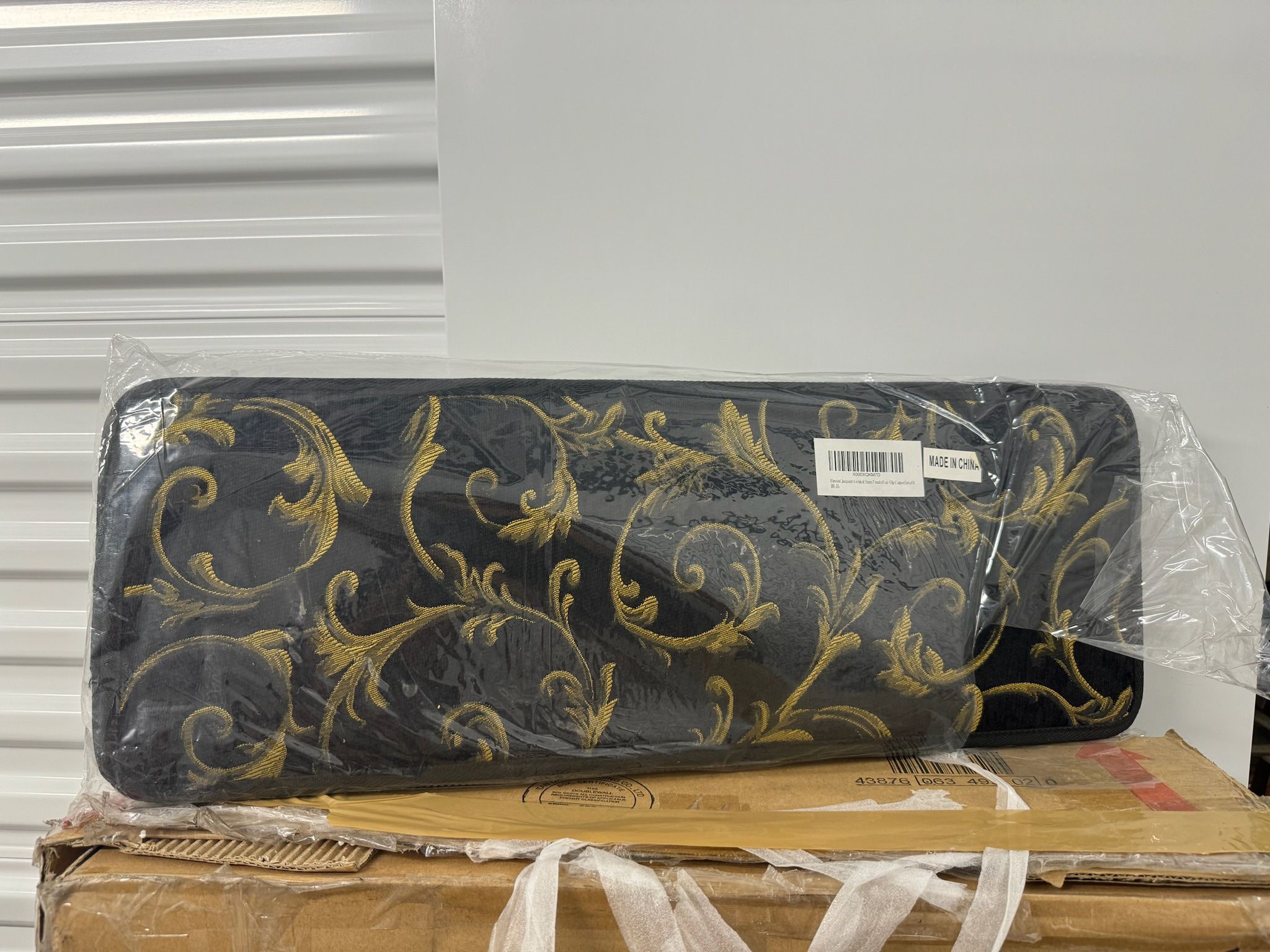
zkID Wallet for Cardano: This open-source wallet leverages zk-SNARKs to enable privacy-preserving decentralized identity management on the Cardano blockchain. Users can prove identity attributes without revealing unnecessary personal information, aligning with data minimization and self-sovereign identity principles. Learn more
-
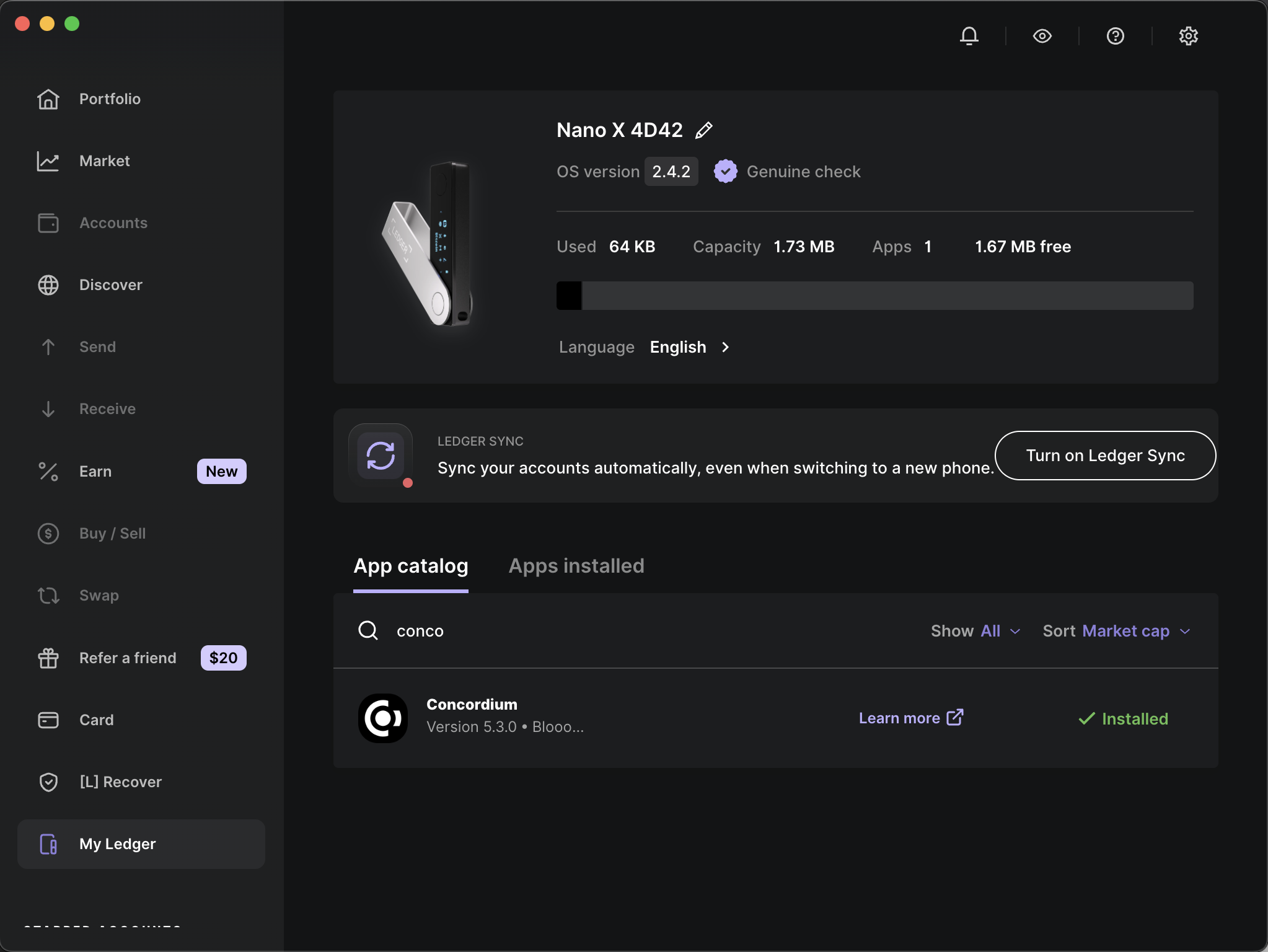
Concordium ID Wallet: Concordium’s wallet uses zero-knowledge proofs to offer privacy-first, regulation-ready identity verification. It allows users to prove attributes like age or citizenship without exposing personal data, making it ideal for privacy-centric applications and compliant with strict data protection regulations. Official site
-
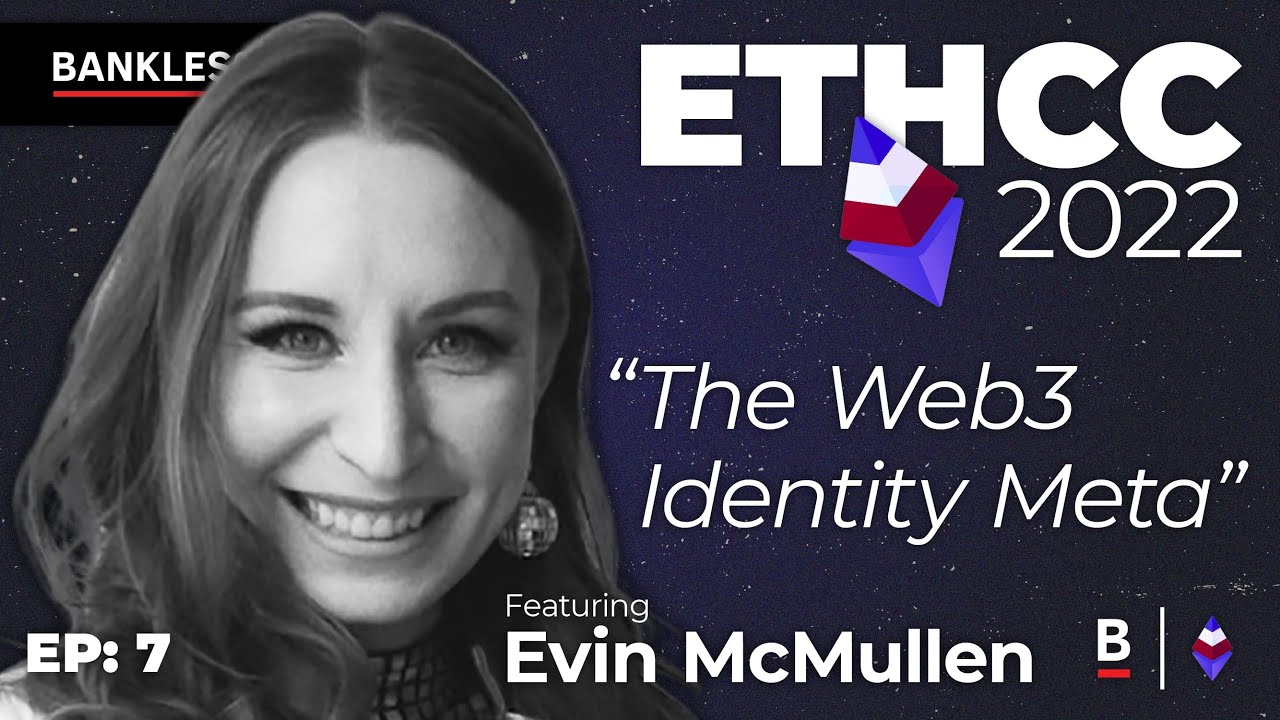
Extrimian SSI Wallet: Extrimian is at the forefront of integrating ZKPs into decentralized digital identity systems. Their wallet enables users to share credentials and prove claims securely, without revealing underlying data, supporting both privacy and regulatory requirements. See details
-
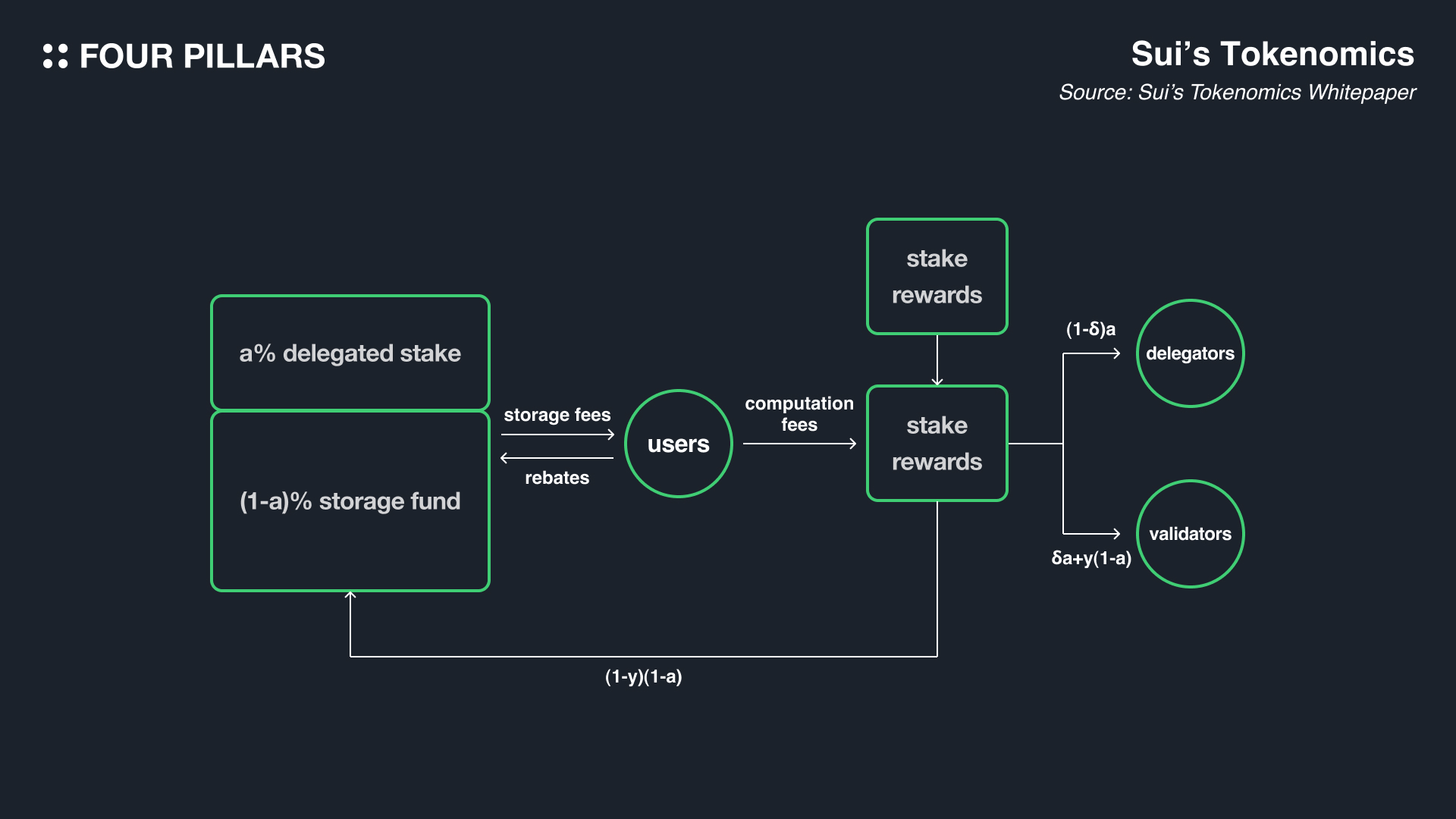
zkLogin (Sui Network): zkLogin is a novel authentication system on the Sui blockchain that uses zero-knowledge proofs to link existing OpenID credentials (like Google or Facebook) to blockchain accounts. This lets users sign transactions and prove identity attributes without exposing their real-world identities on-chain. Read the research
-
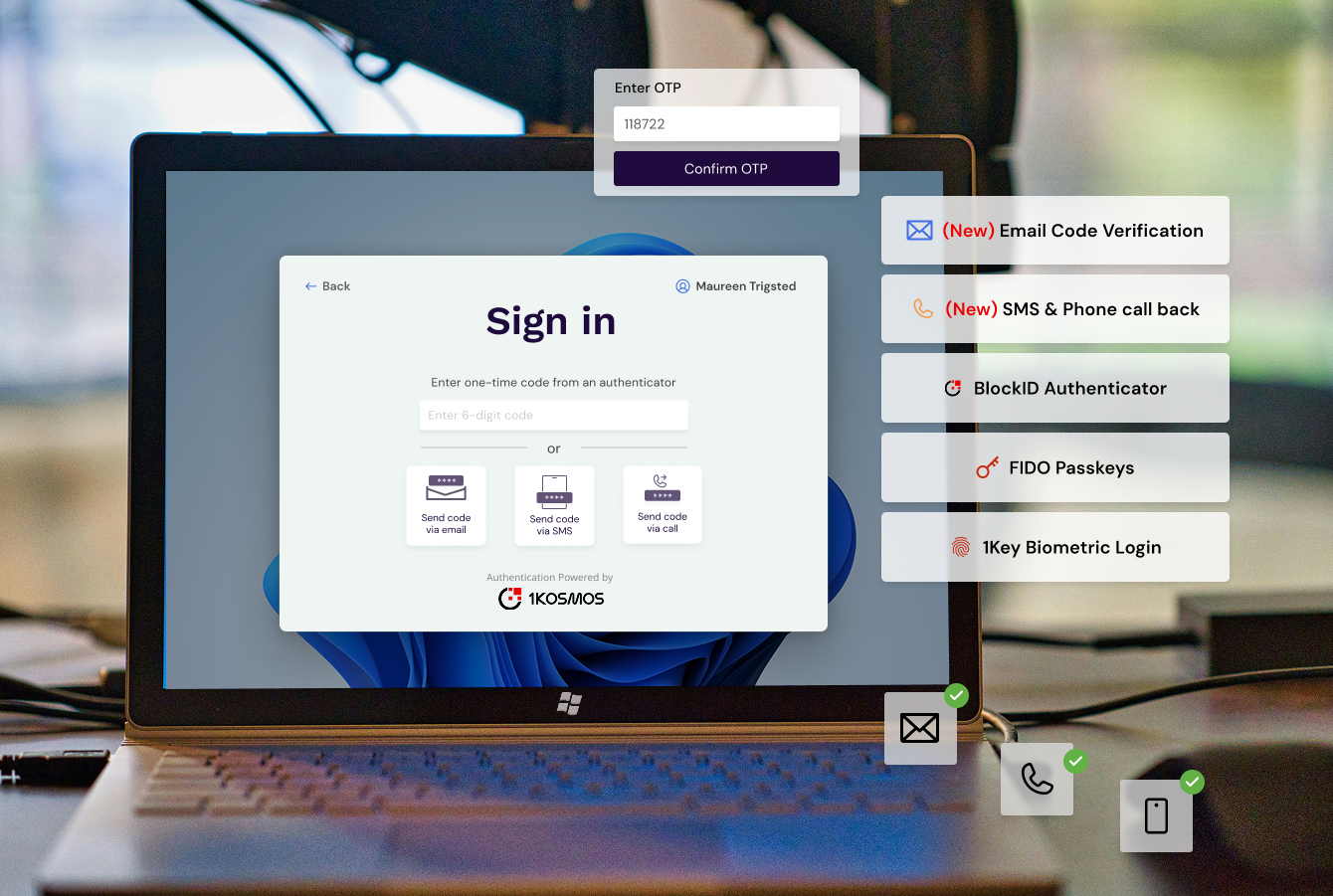
1Kosmos BlockID: BlockID by 1Kosmos offers a decentralized identity solution where users can share credentials or provide zero-knowledge proof of attributes anytime, anywhere. It’s designed for both enterprise and consumer use, supporting privacy, compliance, and secure access. Platform overview
What’s especially compelling is how ZKPs align with global privacy regulations and user expectations. For instance, under Europe’s GDPR framework, data minimization isn’t just good practice, it’s the law. By ensuring that only proof (not raw data) is exchanged, zero-knowledge systems help both individuals and organizations stay compliant while reducing the attack surface for hackers.
The Future: Self-Sovereign Identity and User Empowerment
As more people demand control over their digital lives, self-sovereign identity (SSI) is emerging as a powerful paradigm. Zero-knowledge proofs are a cornerstone of SSI, making it possible to prove who you are, or what you’re entitled to, without surrendering your privacy. Imagine accessing healthcare, education, or government services globally, all while keeping your personal information safe from prying eyes.
This isn’t just theory: SSI platforms powered by ZKPs are already being piloted for cross-border travel, digital diplomas, and even private social media logins. The combination of decentralized architecture and advanced cryptography means users can finally break free from centralized surveillance models.
Getting Started with Privacy-Preserving Digital Identity
If you’re ready to take ownership of your digital presence, exploring decentralized identity wallets that leverage zero-knowledge proofs is a smart move. Look for solutions that offer:
- User-controlled keys so only you can access or share your credentials
- ZKP-based selective disclosure, allowing you to prove attributes without revealing full details
- Open-source transparency so you can trust what’s happening under the hood
- Interoperability with major blockchains or identity networks
The landscape is evolving fast, new open-source projects and commercial offerings appear almost monthly, so staying informed is key. For further reading on practical implementations and deep dives into the technology stack behind these wallets, see our resource on how zero-knowledge proofs enhance privacy in decentralized identity wallets.
Why It Matters Now More Than Ever
The stakes for digital privacy have never been higher. As more interactions move online and data breaches become commonplace, individuals need robust tools to protect their identities without sacrificing convenience or compliance. Zero-knowledge proofs in decentralized identity wallets deliver precisely that balance, empowering users while meeting regulatory requirements.
The future of digital identity belongs to those who demand both security and sovereignty. With zero-knowledge technology at its core, this future is not just possible, it’s already here for anyone willing to take control.






